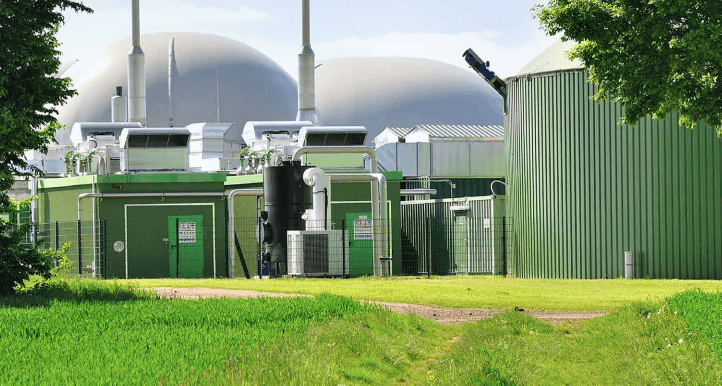Summary
Researchers in Curtin University’s Fuels and Energy Technology Institute have developed a new technology that converts biomass such as mallee crops into biofuels and biochar via biomass conversion (pyrolysis) and biorefinement.
Need
The Low Emission Biofuel Technology study acknowledges that commercially competitive technologies that convert inedible plant material (called biomass) into advanced biofuels and biochar could help to significantly reduce carbon dioxide emissions, improve energy securities and contribute to regional development.
Project innovation
Researchers in Curtin University’s Fuels and Energy Technology Institute have developed a new technology that converts biomass such as mallee crops into biofuels and biochar via biomass conversion (pyrolysis) and biorefinement. Key features of this technology have been shown to work at small scale in pilot plants as part of the sustainable production of transport biofuels from mallee crops by pyrolysis and biorefinery project funded by ARENA .
This Low Emission Biofuel Technology project takes the technology to the next stage by building and operating a pyrolyser and a biorefinery at larger scales.
The technical information obtained during the project will be used in the future design and operation of advanced biofuel production systems using this technology. The project will also create knowledge for sharing with the broader biofuels industry.
The advanced biofuel technology features distributed pyrolysers and a central biorefinery. In addition to advanced biofuels, biochar will be produced that can be returned to field as a soil conditioner and for carbon sequestration, or used as a fuel for co-firing with coal.
Learn more
Benefit
When commercialised, this new biofuel technology could significantly increase the production of advanced biofuels to meet Australia’s needs for renewable liquid fuels and carbon emission reduction.
The new technology will also help to make mallee planting an economically feasible means to combat dry land salinity that is a severe environmental problem threatening the future of Australian agriculture and regional areas. With significant part of biofuel production to be based in regional areas, the technology will provide an effective means for regional development.






